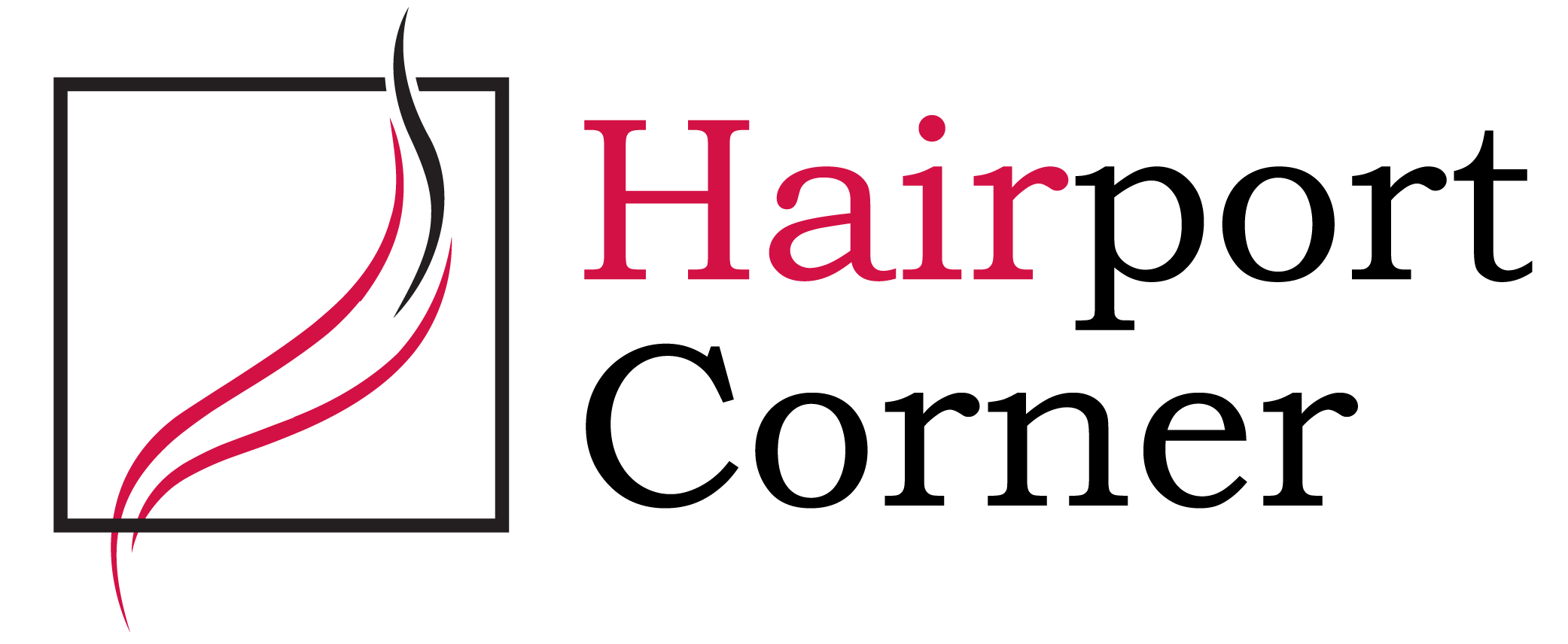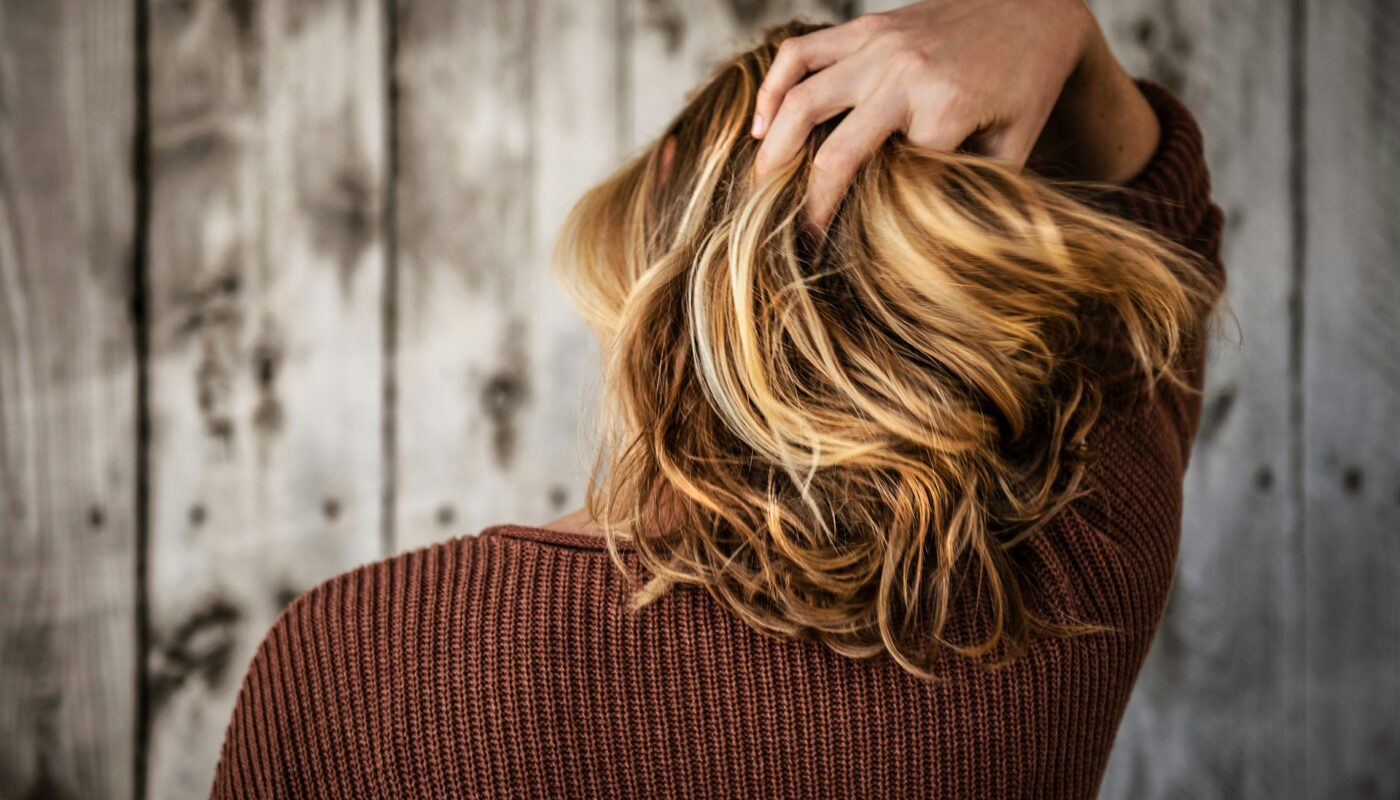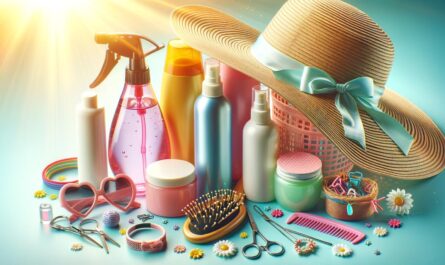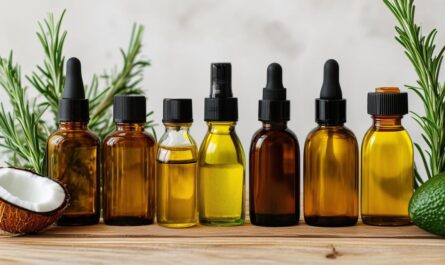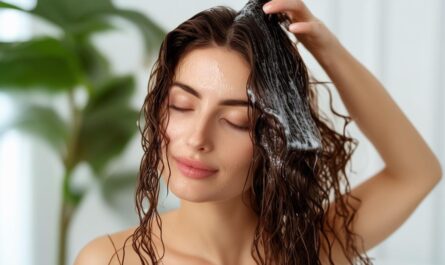Understanding Skinification in Hair Care
The “skinification” concept in hair care focuses on treating your scalp like your skin. It emphasizes using high-quality ingredients and routines on your scalp to create an environment where your hair can thrive. Scalp health directly affects hair health—if the scalp is dry, itchy, or clogged, your hair can’t flourish.
Just as you exfoliate and hydrate your face, your scalp needs similar attention. Exfoliating removes dead skin cells and buildup, ensuring hair follicles can breathe and absorb nutrients properly. Hydration balances moisture and oil production, similar to a good moisturizer for your skin.
Key ingredients in scalp care include:
- Binchotan charcoal: Purifies by extracting impurities
- Salicylic acid: Reduces inflammation and dandruff
- Lactic acid: Offers gentle exfoliation
- Oils (coconut, rosehip, argan): Hydrate and nourish hair, reducing frizz and improving manageability
A solid scalp routine can significantly improve hair health. Start with an exfoliating shampoo to remove buildup and dead skin, follow with a hydrating mask, and finish with a nourishing scalp serum.
Dermatologists are seeing more patients seeking natural solutions for hair health. Stress, hormonal imbalances, and nutrition can all impact your scalp health, and consequently, your hair health. By fostering a nurturing environment on your scalp, you support the follicles in their natural growth cycle.
Social media has played a significant role in popularizing scalp care, with open discussions and videos showing treatments and results. It’s more than just a beauty routine; it’s a shift towards holistic hair health.
Skincare-like treatments for the scalp are increasing, supported by clinical research. Ingredients like retinol regulate sebum production, while pre and probiotics balance the scalp’s microbiota, creating an optimal environment for hair growth.
Even the best volumizing products can benefit from a good scalp routine. Powders like rice starch absorb oil, helping to refresh hair between washes. For long-term benefits, scalp treatments are essential, improving follicle health and stimulating hair growth.
The Role of Scalp Health in Hair Loss and Thinning
Maintaining a healthy scalp is crucial in preventing hair loss and thinning. Your scalp is the foundation of your hair’s ecosystem; if it’s not in good condition, your hair can’t be either. Dryness, itchiness, and buildup can lead to more severe problems like hair thinning and loss.
When your scalp is dry and itchy, it’s a sign that the skin barrier is compromised. This can cause inflammation, which in turn can damage hair follicles. Irritated follicles are less likely to produce strong, healthy hair, and over time, this can result in hair thinning.
“Scalp buildup is another culprit in hair loss and thinning. Products, oils, and dead skin can accumulate on your scalp, creating a barrier that prevents new hair from growing properly. This can also clog follicles, leading to issues like dandruff and inflammation.”
Hydration is equally important. Just like your skin, your scalp needs balanced moisture levels to function optimally. If your scalp is dehydrated, it can overproduce oil to compensate, leading to a greasy scalp and, paradoxically, more buildup.
Nourishment is the final piece of the puzzle. Your follicles need a steady supply of nutrients to produce healthy hair. Ingredients like vitamins B and E, and antioxidants help to strengthen hair follicles, making them more resilient.
Regular scalp massages can also aid in maintaining your scalp’s condition. They improve circulation, ensuring that nutrients are delivered efficiently to hair follicles. This practice can be as simple as using your fingertips to gently massage your scalp while shampooing or applying a hair mask.
Effective Ingredients for Scalp and Hair Health
Binchotan Charcoal, Salicylic Acid, Lactic Acid, and various natural oils have proven highly effective for maintaining scalp and hair health. Here’s a breakdown of these beneficial ingredients:
| Ingredient | Benefits |
|---|---|
| Binchotan Charcoal | Acts like a magnet for impurities, removing product buildup, excess oils, and environmental pollutants that can clog hair follicles and inhibit hair growth. |
| Salicylic Acid | A beta hydroxy acid that effectively exfoliates the scalp. It penetrates deep into the follicles to dissolve dead skin cells and excess sebum. Particularly helpful for those with dandruff, psoriasis, or seborrheic dermatitis. |
| Lactic Acid | An alpha hydroxy acid that’s gentler and hydrating while offering exfoliating benefits. Ideal for sensitive scalps prone to dryness. It helps remove dead skin cells and promotes a healthy scalp barrier. |
Natural Oils:
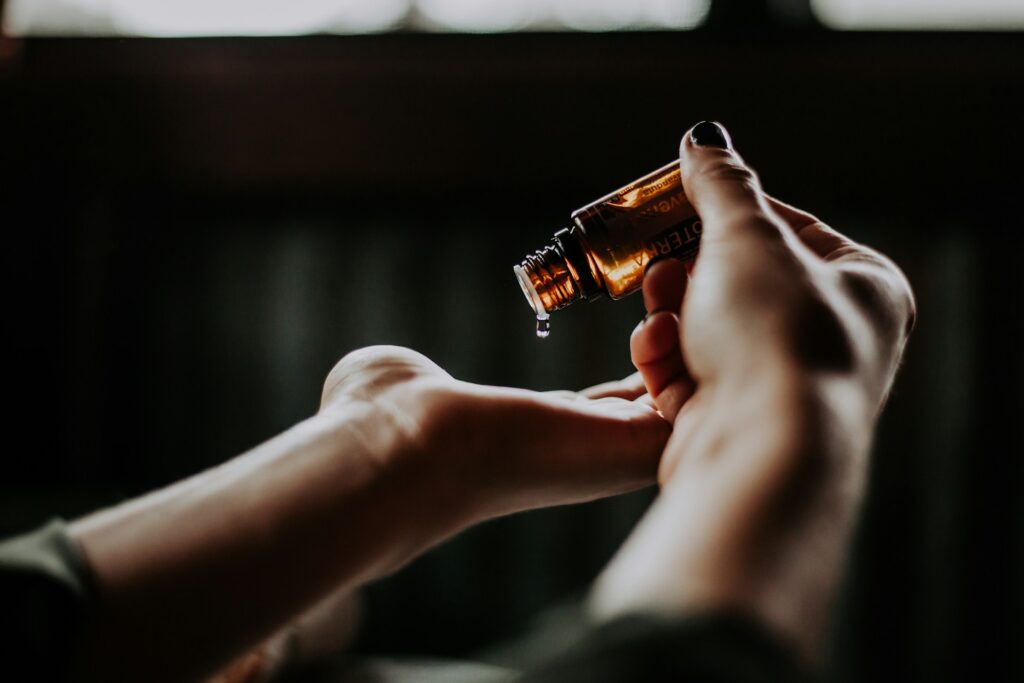
- Coconut Oil: Penetrates the hair shaft to reduce protein loss, making hair stronger and less prone to damage. Its antimicrobial attributes also help maintain scalp health.
- Rosehip Oil: Rich in essential fatty acids and antioxidants, it nourishes and hydrates both the scalp and hair. Aids in repairing damaged hair and offers anti-inflammatory benefits.
- Argan Oil: Abundant in vitamins A and E, antioxidants, and omega-6 fatty acids. It hydrates, softens, and restores hair’s natural elasticity. Excellent for soothing itchiness and reducing dandruff.
Peppermint, Spearmint, and Tea Tree Oil Complex: These essential oils have cooling and soothing properties that can benefit an irritated or itchy scalp. Peppermint oil stimulates blood flow to the scalp, promoting hair growth. Tea Tree Oil addresses dandruff and other scalp infections.
Kaolin Clay: Excellent for oily scalps, it absorbs excess oil and impurities without removing necessary moisture. Helps keep hair bouncy and full, not weighed down by grease.
Witch Hazel: Maintains a balanced pH, reduces inflammation, and minimizes excess sebum, making it versatile for both oily and sensitive scalps.
Incorporating these key ingredients into your hair care routine through products like scalp scrubs, exfoliating shampoos, hydrating masks, and nourishing serums can promote optimal scalp health and vibrant hair growth.
Scalp Care Routines for Optimal Hair Health
A thorough scalp care routine is crucial for maintaining healthy hair. Here’s a guide to an effective approach:
Double Cleansing
Start with a gentle exfoliating shampoo to remove product buildup and dead skin cells, followed by a regular shampoo for thorough cleansing.
- Step 1: Exfoliating Cleanse
Use a product like Scalp Revival™ Charcoal + Coconut Oil Micro-Exfoliating Shampoo. Apply to wet hair and massage into the scalp before rinsing. - Step 2: Regular Cleanse
Follow up with a gentle shampoo addressing your specific scalp concerns. For dandruff, choose a shampoo containing salicylic acid.
Exfoliation
Regular scalp exfoliation removes dead skin cells and unclogs follicles.
- Frequency: Once a week for most people. Adjust based on your scalp’s needs.
- Products: Use a physical scrub or chemical exfoliants like salicylic acid-based products.
Masking
Hydration is key to a healthy scalp.
- Frequency: Aim for once a week.
- Products: Try a mask like Scalp Revival™ Charcoal + Tea Tree Cooling Hydration Scalp Mask. Apply after exfoliating and leave on for about 10 minutes.
Serums and Oils
These provide targeted treatment and essential nutrients.
- Daily Use: Incorporate serums enriched with panthenol and B vitamins.
- Oiling: Massage oils like coconut, argan, or rosehip into the scalp to nourish and hydrate.
UV and Heat Protection
Protect your scalp from UV rays and heat styling damage.
- UV Protection: Use hair care products with UV filters or wear a hat in the sun.
- Heat Protection: Apply a heat protectant spray before using styling tools.
Consistency is key in scalp care. Treat your scalp with the same attention as your facial skin, and you’ll likely see improvements in both the health and appearance of your hair.
Innovative Treatments and Products for Hair Growth
Hair growth treatments have advanced significantly, offering various options for those experiencing hair loss or thinning:
Topical Treatments
- Minoxidil (Rogaine): A nonprescription medicine applied directly to the scalp. Available in 2% and 5% strengths, it stimulates hair follicles and prolongs the growth phase of the hair cycle.
Oral Medications
- Finasteride (Propecia): A prescription drug for men that blocks the conversion of testosterone to DHT, helping to slow down hair loss and promote regrowth.
- Spironolactone (Aldactone, generic): Often prescribed off-label to women to combat hair thinning by blocking androgen receptors.
Laser Treatments
Low-level laser therapy (LLLT) stimulates hair follicles and increases blood flow. Devices like laser combs, helmets, and caps from brands such as iRestore and HairMax offer at-home treatment options.
Platelet-Rich Plasma (PRP) Therapy
This treatment involves injecting concentrated platelets from the patient’s own blood into the scalp to stimulate hair follicles and encourage natural hair growth.
Innovative Brands
- Vegamour: Known for their GRO+ Hair Serum containing organic hemp oil and plant-based ingredients to support hair density and scalp health.
- Nutrafol: Offers dietary supplements with natural ingredients like biotin, saw palmetto, and marine collagen to address various causes of hair loss.
Telehealth Platforms
Companies like hims, hers, and Keeps provide easy access to prescription medications and online consultations for personalized hair loss treatment plans.
By combining these treatments with scalp-focused routines and nourishing products, you can work towards achieving healthier, fuller hair. As advancements continue in this field, even more solutions are likely to emerge for those seeking to improve their hair health.
Treating your scalp with care can significantly improve your hair’s health and appearance. By focusing on exfoliation, hydration, and nourishment, you create a supportive environment for strong, vibrant hair. Consistent attention to your scalp will likely reward you with fuller, healthier locks.
You may be interested in reading – Guide to Homemade Protein Masks
